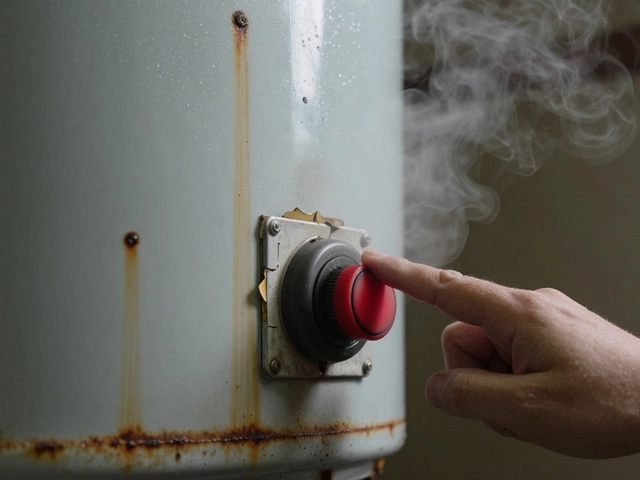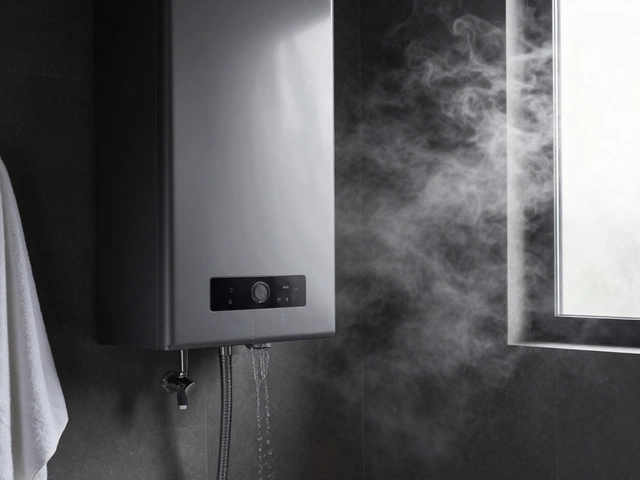Gas Safety Essentials for Every Homeowner
When you hear the word "gas," you probably think of warm showers and cosy kitchens. But a tiny leak can turn comfort into danger in seconds. That’s why knowing basic gas safety isn’t optional – it’s a must for keeping your family safe and your bills under control.
Spot the Warning Signs Before It’s Too Late
Most gas problems give you clues. A sudden rotten‑egg smell, a hissing sound, or a bakking‑oven that won’t ignite are all red flags. If you notice any of these, open windows, shut off the gas valve at the meter, and call a certified technician right away. Don’t try to fix a leak yourself – gas is unforgiving.
Even without a smell, strange behaviour from appliances can hint at trouble. A boiler that cycles on and off, a water heater that won’t stay hot, or a stove that flickers may mean the combustion process isn’t right. These quirks often point to a faulty gas valve or poor ventilation, both of which need a professional’s eye.
Do‑It‑Yourself Checks You Can Safely Do
While you shouldn’t tinker with the gas line, a few simple checks are safe and useful. First, make sure all gas appliances have a clear air gap – no curtains, furniture or clutter should block vent pipes. Second, test the carbon monoxide detector each month; a quick press of the test button confirms it’s alive.
Next, look at the pipework. Tight joints should have no rust or corrosion. If a joint looks wet or you see white residue (often called “efflorescence”), it could be a slow leak. Note it and tell your engineer when they arrive.
Finally, schedule an annual service for boilers, water heaters and LPG tanks. A qualified engineer will clean the burner, check the pressure, and verify that safety devices like the flame sensor work correctly. This service not only keeps you safe but also extends the life of the equipment – a win‑win.
In the UK, the law requires landlords to have an annual gas safety check and provide a certificate to tenants. Homeowners aren’t legally forced to get one, but skipping it can cost you dearly in repairs, fines or even insurance claims. Treat the check like any other home maintenance – a small step that prevents big problems.
If you’re unsure whether an appliance needs a professional, use the “three‑minute rule":
- If the appliance won’t light after three attempts, stop and call a pro.
- If you hear a hissing sound, shut the gas off and call emergency services.
- If the flame looks yellow or uneven, it may be producing carbon monoxide – turn it off and get help.
Remember, gas safety isn’t just about fixing leaks – it’s about proactive care. Keep records of every service, note the dates on your calendar, and never ignore a warning sign. By staying alert and getting qualified help when needed, you’ll enjoy a warm home without the worry of dangerous gas incidents.
Need a reliable gas engineer? Our team at Weymouth Appliance Repair Services handles boiler installations, water‑heater checks, LPG tank maintenance, and any gas‑related issue with certified expertise. Reach out today for a safety check and keep your home running safely.
What's Included in a Boiler Service? Complete Boiler Maintenance Guide
- Alden Wilder
- Jul 17 2025
- 0 Comments
Wondering what's included in a boiler service? Get the full breakdown of every step, why each check matters, and how regular maintenance saves you money and headaches.
View More

